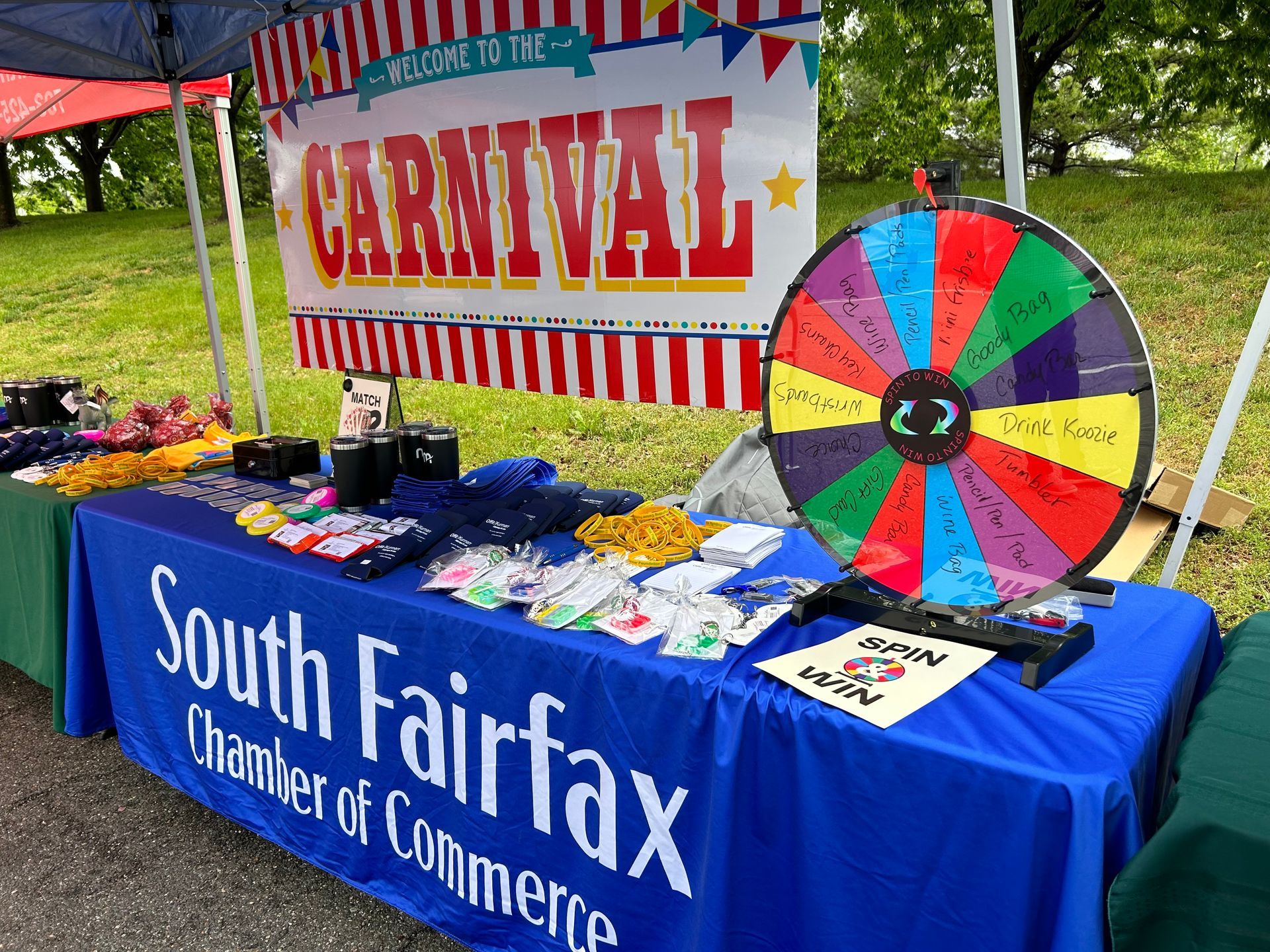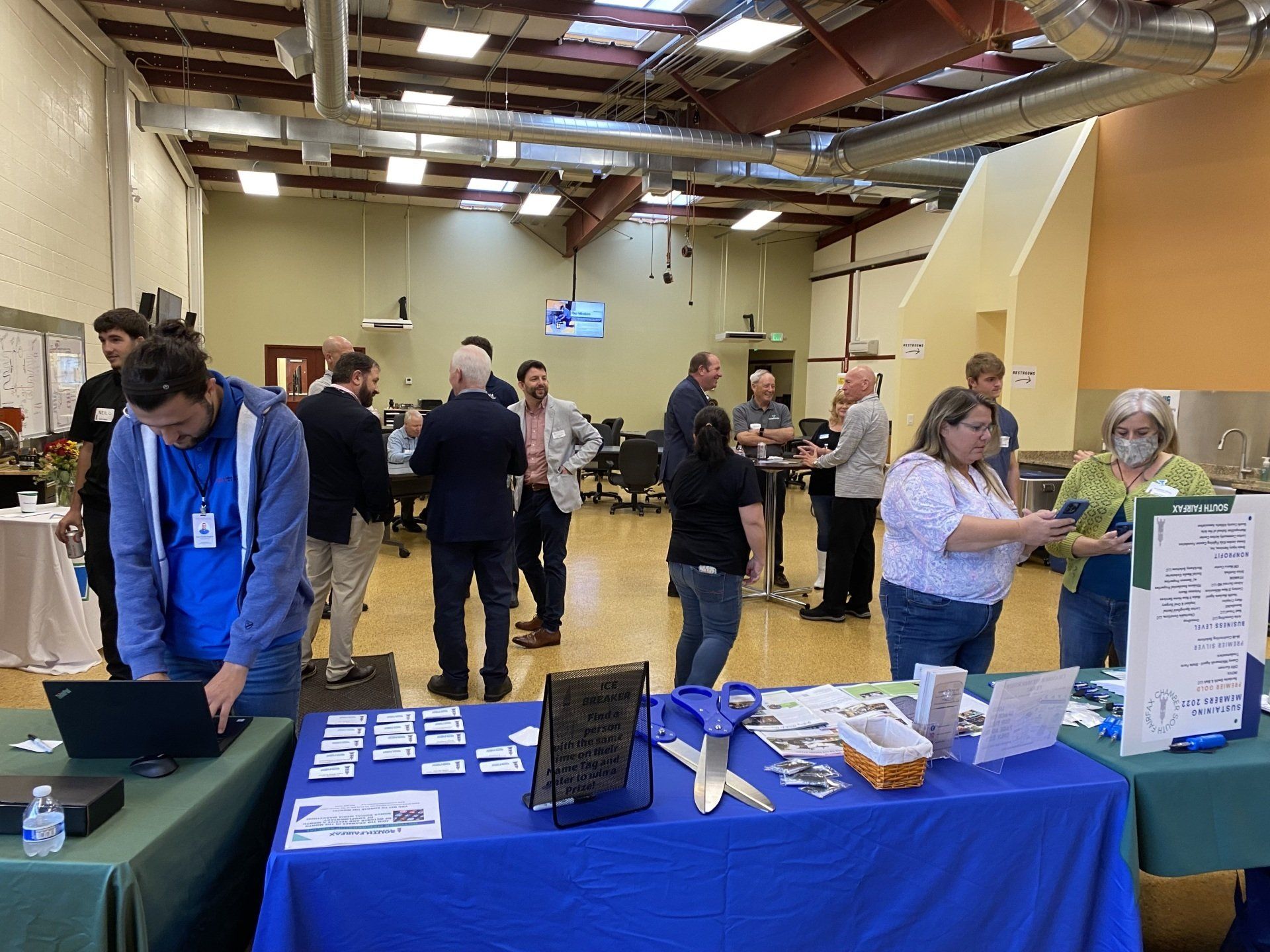“de facto” Wills and the Harmless Error Rule

This is the first of a two-part article on “de facto” wills based in substantial part on a piece I previously published several years ago in the Virginia State Bar’s Trusts and Estates Section Newsletter, Vol. 22 No. 13. In part one, I explain the basics of the statutory Harmless Error Rule and how when timely seeking a court’s application of the Rule, an otherwise non-compliant, legally deficient will might nevertheless be deemed to be legally enforceable in certain circumstances.
Is a document that is not valid will capable of being deemed a will – a “de facto” will, if you will?
Yes, a document intended to be a will, but failing to satisfy all the statutory requirements for being automatically accepted as such, might nevertheless be capable of being deemed a will in appropriate circumstances. To understand what I mean by a “de facto” will, it is first necessary to appreciate what it takes to be a valid will.
Not every state applies the same test for recognizing a valid or “self-proving” will, i.e., a document that is legally accepted as a will without the need for any additional evidence. If all the necessary signature attestation requirements have been followed (for instance, notarized signatures, witnesses’ signatures, etc.) — what I like to refer to simply as all of the attestation “whistles and bells,” a document will be accepted officially without the need for anyone to testify or otherwise establish the specifics as to how it was prepared, who was present at the time, etc. The will, in effect, proves itself!
Not every document intended as a will meets all the statutory requirements, however. Formerly, a document intended as a will without all the whistles and bells was simply rejected as if it had never been written. Nowadays, with the adoption of the so-called “Harmless Error Rule,” or, simply, “the Rule,” an otherwise legally deficient document determined to have been intended as a will (or an improperly carried out change to an otherwise proper will) may be upheld as a valid testamentary disposition in certain circumstances. In other words, even if you screw it up, legally speaking, the law now allows for certain screw-ups to be overlooked or overcome with sufficient evidence as to what you really meant to do.
Section 64.2-404 calls upon a will proponent to establish by clear and convincing evidence that the decedent intended the document or writing as or to accomplish one of several possible outcomes: adding to, altering, or revoking an existing will; making a new will; or reviving a previously revoked will in whole or in part.
Virginia Code Section 64.2-404, derived from Section 2-503 of the Uniform Probate Code (UPC), is Virginia’s enactment of the Harmless Error Rule. In effect, the Rule states that certain defects may be forgiven if sufficient proof can be shown at trial that the testator intended the faulty document to be the testator’s will. One seeking to have such a document upheld as a will, known as the “proponent” of the will, must present clear and convincing evidence to establish that the testator intended the document (or alteration) to effect a final testamentary disposition, that is to say, a transfer at death. A key word here is “final.” The actual statutory language allows a writing not executed with all the proper attestation whistles and bells to be admitted to probate as a will if it is supported by clear and convincing evidence of intentionality and finality.
The purpose of the Rule is to allow a judge to excuse certain otherwise harmless errors in creating a will in much the same manner as has long been allowed for similar mistakes made with other important end-of-life documents such as with life insurance beneficiary designations, for example. Case studies and evidence considered during the development of the statutory Rule suggested that the remedial impact of the Rule would primarily apply in situations either where witness signatures were lacking or instances where the testator marks up an otherwise valid will (for example, inserting/adding a provision or crossing out one term or name and replacing or substituting another in its place). Let it be said here for emphasis — one should not make such changes to a properly executed final will document. Don’t do it! As should be plain from context, doing so potentially invalidates the entire document. Minimally, it calls into question the finality of the document as a whole and raises questions as to the timing of the change, the capacity of the person at the time of making the change, and, absent proper witnessing, whether the change was made by the testator him- or herself (or perhaps with some form of “gun to the head” when doing so!). One of the key factors to be considered if a court is to be convinced that any missing whistle or bell is, in fact, harmless error is the extent to which the proponent can establish convincingly the circumstances at the time the testator created the less than perfect document or made any changes to an existing document.
What about handwritten (or holographic) wills — the exception to the exception?
It is true that, at least in Virginia, a signed will prepared entirely in the handwriting of the testator is legally sufficient as a will, even without all the attestation whistles and bells. A fully handwritten will does not need to be witnessed or notarized to be valid and enforceable. Such an exception is still subject to burdens of proof imposed on the will’s proponent. For instance, a proponent of such a will faces the burden of establishing sufficiently that the handwriting and signature are that of the testator.
In part 2, I will address Virginia’s non-uniform additions to the Harmless Error Rule (the signature requirement and one-year limitations period); what one might look for when trying to meet the heightened “clear and convincing” evidentiary burden.
________________
This work is intended for the non-lawyer wondering whether to involve a lawyer in the preparation of one’s will or a change to one previously made (you absolutely should!) and for family members or friends of departed loved ones who discover a document which you think might or could have been an attempt by the dearly departed to express their testamentary wishes in a form and manner that may or may not be legally sufficient to be accepted as the final will of the decedent. If you happened upon this article while conducting on-line legal research on the subject, I commend you to the prior publication. The earlier piece was intended for legal practitioners, complete with case and statutory citations and cross-references to scholarly sources upon which I relied at the time. Since publishing the original work, I have continued to be involved in cases with ever-evolving fact patterns of situations where proponents and opponents legally battle over the legal enforceability of documents which may or may not have been intended as testamentary dispositions, i.e., will documents seeking to dispose of one’s property at death.
ABOUT THOMAS REPCZYNSKI
Thomas Repczynski is a Principal, Shareholder and the Chair of the Commercial Litigation (South) Practice Group Offit Kurman, focused on developing and expanding the firm’s Estates and Trusts Litigation practice area. Tom’s practice emphasizes inheritance-related matters involving will/trust/insurance beneficiaries, executors, trustees, guardians, and attorneys-in-fact under Powers of Attorney and includes creditors’ rights enforcement, real estate litigation, and general commercial business disputes. Tom routinely pursues, defends, and negotiates the broadest range of fiduciary proceedings pre- and post-judgment actions and workouts, and real-estate related disputes of all types (e.g. commercial leasing, title, inheritance, etc.).











